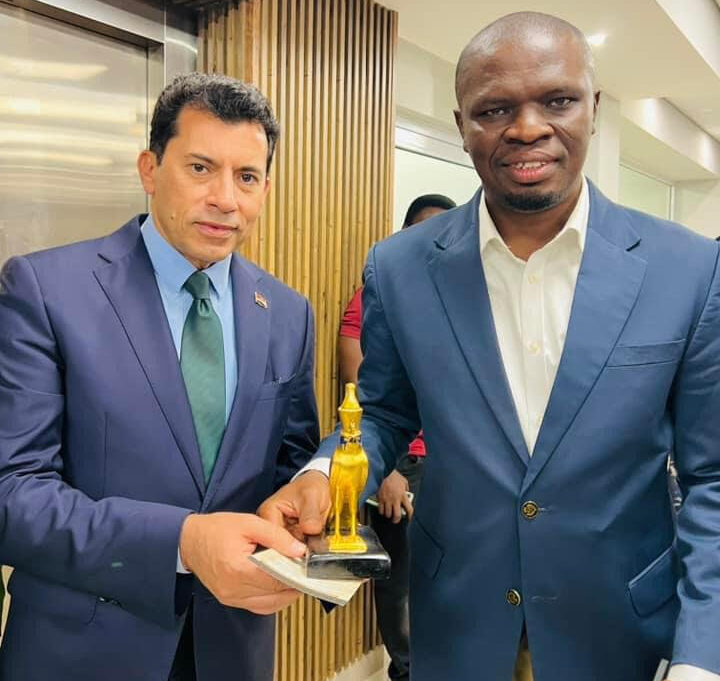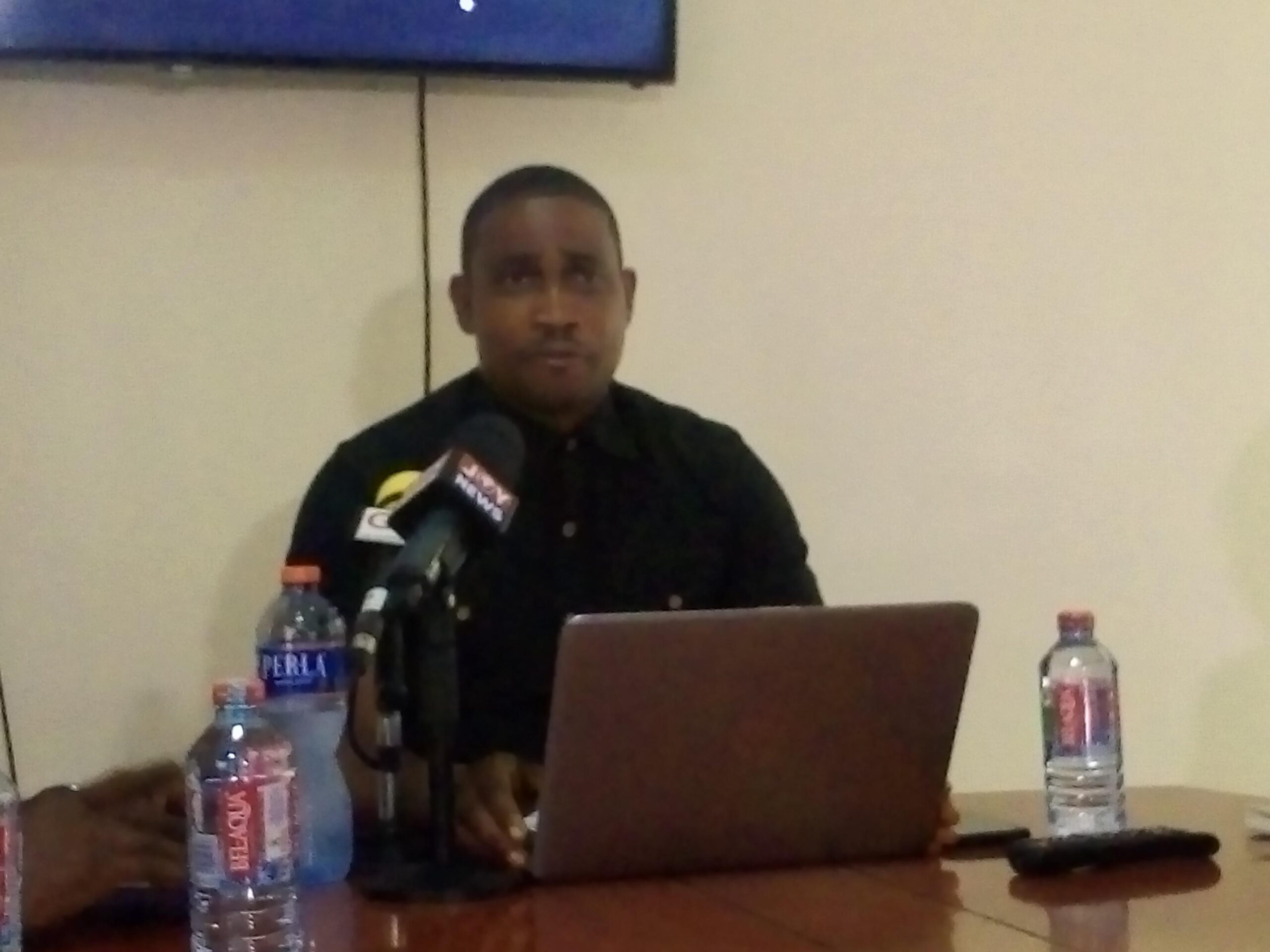

These are icons of African struggle and freedom movements whose legacies have refused to leave even after their death.
Across the world, Africa has come a long way with regards to fighting for independence, economic freedom and democracy. In this quest, some Africans stood-out and are celebrated as the icons of many revolutions that happened in the continent.
Many intellectuals and political icons have led and give their lives to this struggle, but the legacies of some have refused to leave despite dying at a relatively young age.
Here are five African revolutionaries and leaders that are most celebrated by Africa, and whose ideal laid the foundation for the economic and political progress of their respective countries.
1. Kwame Nkrumah, Ghana
Kwame Osagyefo Nkrumah is the first Prime Minister and President of Ghana, former Gold Coast. He led the fight for Ghana's independence in 1956.
From prison, he led the Convention Peoples' Party (CPP) to win an election in February 1951. As a result, he was released to form a government in 1951 and pushed for the country’s total independence in 1956.
He was a firm believer in African liberation and pursued a radical pan-African policy. This ideal led to the formation of the Organization of African Unity (OAU) (now the African Union) in 1963. His legacy and dream of a "United States of African" still remains a goal among many.
2. Patrice Lumumba, DR Congo
Patrice Emery Lumumba was the first Prime Minister of the Democratic Republic of Congo from June to September 1960.
Lumumba was a leader of Mouvement National Congolais (MNC) party and played an instrumental role in the struggle for independence. He also continue to fight the influence of Belgium and other Western nations in the new country. This pitched him against the Western powers as he was unrelenting in his quest for the extermination of all signs of imperialism.
He was assassinated at age 35 years old when he died in 1961.
3. Thomas Sankara, Burkina Faso
Thomas Sankara was also a charismatic, iconic and revolutionary leader. He rose to the rank of captain in the Burkinabe military before thirty years old.
In 1983, Sankara led a popularly-supported military coup against President Jean-Baptiste Ouedraogo. His motive was to end corruption and continued supremacy of the former French colonial power. He pushed for a reformed the Burkina Faso through many ambitious program for social and economic transformation.
He changed the country’s name from Upper Volta to Burkina Faso - “Land of the Upright Man”. His approach made him a favourite of many Africans.
Backed by the Western powers, Balise Compore – a close friend of Sankara, led the overthrown of Sankara in 1987. It was during this coup that Sankara was killed at age 37.
4. Nelson Mandela, South Africa
Nelson Mandela is considered as the father and rallying point for freedom fight in Africa. He was the first black President of South Africa and the most celebrated African leader of modern history.
Mandela led the anti-apartheid movement for over 50 years, and was successful in ending the decades of racial discrimination against the black natives by the white colonialists.
During his presidency, Mandela focused on reconciliation and ensure all is done to avoid a repeat of apartheid i.e the blacks maltreating the whites, and unification of the country.
Mandela died in 2013 aged 95.
5. Gamal Abdel Nasser Hussein, Egypt
Gamal Abdel Nasser is fondly referred as the father of modern Egypt. His ideas and influence still hold sway in the North African country. At present, there is a movement known as Nasserism in Eygpt and many Arab countries.
Nasser led the obliteration of monarchial rule in Egypt in 1952 and introduced many reforms. His public support and popularity grew after he nationalized the Suez Canal.
He attempted to resign in 1967, but nationwide protests of his supporters ensure his reinstatement. Nasser died of heart attack at age 52 in 1970 shortly after attending the Arab League Summit.
These are icons of African struggle and freedom movements whose legacies have refused to leave even after their death. Read Full Story




















Facebook
Twitter
Pinterest
Instagram
Google+
YouTube
LinkedIn
RSS